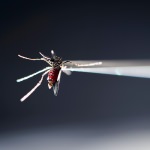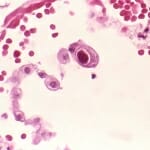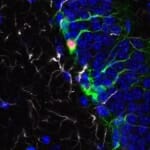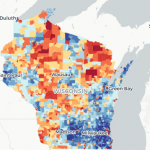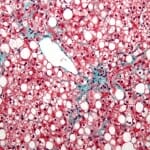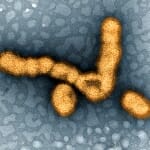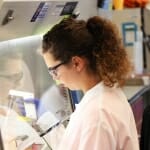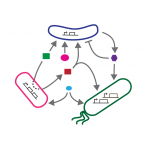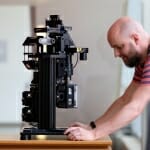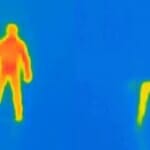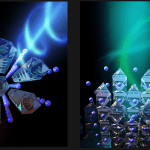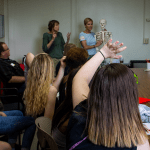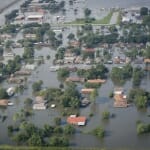Tag Research
Zika virus infection may multiply risk of miscarriage, stillbirth
Researchers at six National Primate Research Centers (NPRCs) combined results from individual studies to find that 26 percent of pregnancies in 50 monkeys infected with Zika virus during the first trimester of pregnancy ended in miscarriage or stillbirth.
Cell therapy is the future, and Wisconsin is the place, UW–Madison expert tells Technology Council
UW–Madison has doctors willing to guide the studies that will make or break cell therapy companies. “If you are a clinician, you need a pioneer spirit to do something that has never been done before,” Jacques Galipeau says, “and there are already many like that here.”
Study points researchers toward new therapies for fragile X syndrome
A UW–Madison study showed that the absence of the protein FMRP can unbalance critical molecular processes within adult brain cells and lead to the neural and cognitive changes seen in fragile X.
Map helps guide public health decision-making
“We want this to be a tool that everyone can use,” said Amy Kind, an associate professor of medicine. “We hope this will be a catalyst to ... eliminate U.S. health disparities.”
“Ring around bathtub” at giant volcano field shows movement of subterranean magma
It’s a major task to understand a Laguna del Maule mountaintop region that has erupted 50 times over the past 20,000 years. But the starting point of a UW–Madison study is simple: It’s the ring that standing water leaves on a bathtub.
Mining notes from doctors and nurses could improve dementia diagnosis
Searching for clues in electronic health records could steer dementia patients to better treatment and follow-up examinations — especially patients from minority groups that tend to be less likely to receive specialized care.
Lipids in blood and liver offer insights into metabolic health
Often, in order to identify a fatty liver, an invasive liver biopsy is required. Taking a blood sample would be a much simpler way to diagnose it.
Stem cell summer camp inspiring early careers in science and technology
The Morgridge Rural Summer Science Camp has allowed more than 500 high-academic achievers from across the state to spend a week learning from leaders in stem cell research, a field that UW–Madison helped make famous.
High-powered microscopy coming to a scientist near you
A portable light-sheet microscope that shrinks to the weight and dimensions of a packed suitcase can be mailed to a lab anywhere in the world, configured remotely by Morgridge Institute for Research engineers to run experiments.
‘Stealth’ material hides hot objects from infrared eyes
Hiding from infrared detectors could become much easier, thanks to a new cloaking material that renders objects — and people — practically invisible.
UW-Madison partners with Madison high schools to promote college and career readiness
In a partnership with the Madison Metropolitan School District, UW–Madison is making strides in showing high school students the opportunities they have for post-secondary education.
Heavier rains and manure mean more algae blooms
A recent UW–Madison study shows that the increased frequency of high-intensity rain events is worsening phosphorus runoff from manure-covered agricultural fields more than scientists expected. A new effort aims to address this problem in Dane County.
Searching the sea, and bacterial battles, for new antibiotics
Researchers in pharmacy and bacteriology say their discovery would not have been possible without a cross-college collaboration going back nearly a decade.

